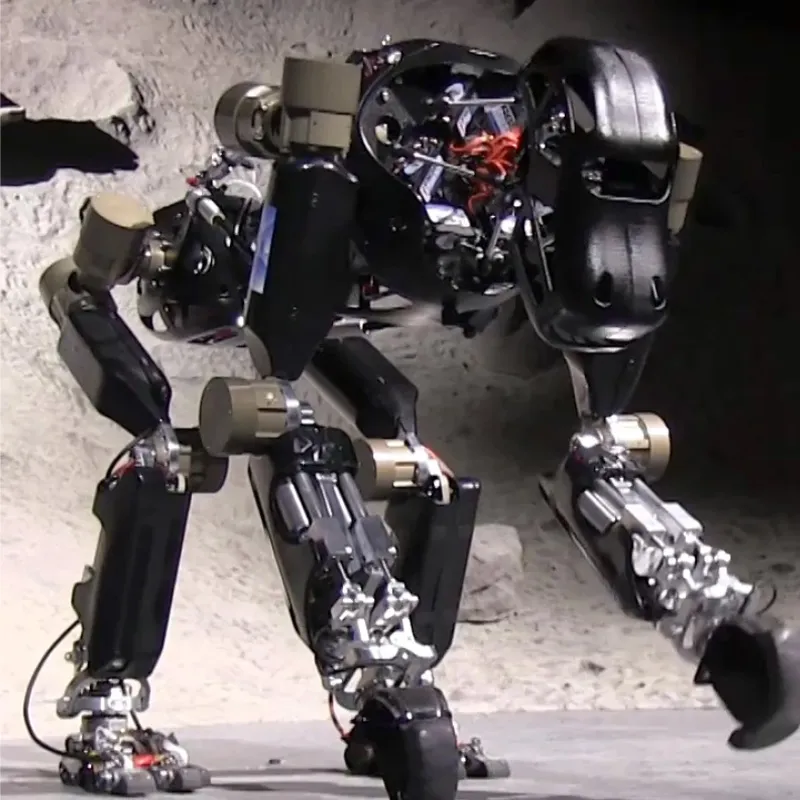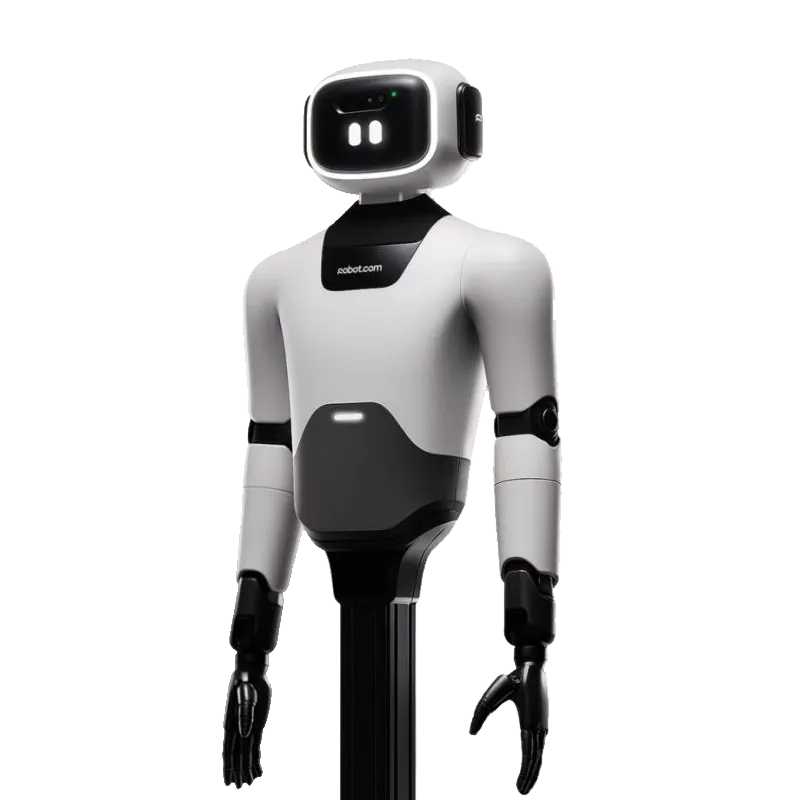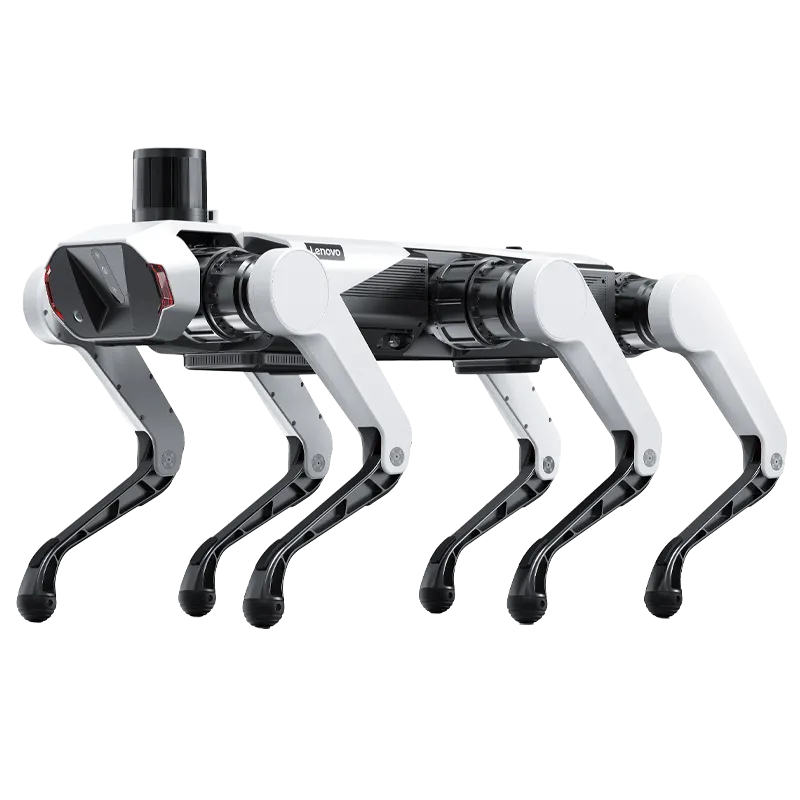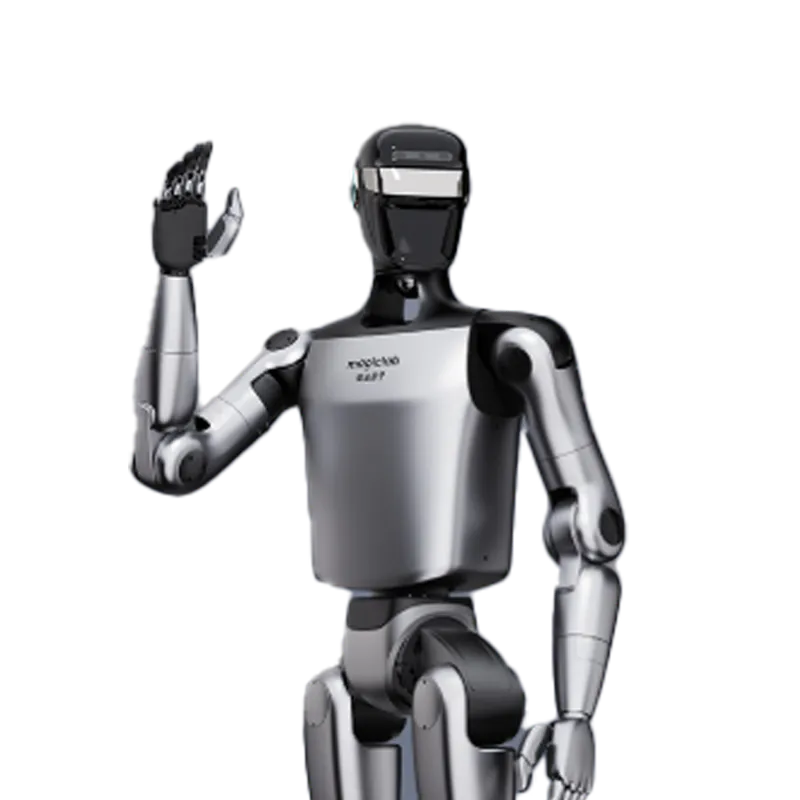Intro
The DFKI Robotics Innovation Center (RIC) is a leading international research hub at the German Research Center for Artificial Intelligence. It was established to bridge fundamental AI robotics research and real-world applications through interdisciplinary cooperation involving computer scientists, engineers, biologists, psychologists, and designers. With strong ties to the University of Bremen, RIC develops intelligent robotic systems for complex environments on land, underwater, in air, and in space. Its projects span areas including planetary exploration, underwater robotics, Search and Rescue (SAR), logistics, industrial automation, healthcare assistance, and rehabilitation robotics. The center focuses on rapidly transferring cutting-edge research into deployable technologies, leveraging advanced mechatronics, AI, sensor fusion, and digital twins. RIC maintains strong industrial partnerships and is active in European and national space, robotics, and AI programs.
Robots
While RIC primarily focuses on research and development, key projects and robotic platforms include:
- SherpaTT Walking Rover: A mobile robot designed for planetary exploration with advanced locomotion and autonomous navigation, part of ESA and EU-funded projects.
- Autonomous Underwater Vehicle (AUV) Systems: Intelligent underwater robots for deep-sea exploration and monitoring applications.
- SAR Robots: Specialized robots designed for Search and Rescue missions, capable of navigating complex environments to locate and assist victims.
- Assistance and Rehabilitation Systems: Robotic support technologies to aid healthcare and rehabilitation, integrating cognitive robotics and human-robot interaction.
Specialism
- Cognitive and Adaptive Robotics: Robots with AI-powered perception, learning, and decision-making abilities, enabling autonomous operation in unstructured and hazardous environments.
- Cross-Domain Mobility: Development of multi-terrain locomotion for robots operating on land, underwater, air, and extraterrestrial surfaces.
- Digital Twins & Simulation: Use of state-of-the-art digital twins for system optimization, operator training, and mission planning.
- Human-Robot Collaboration: Focus on intuitive and safe interaction methods for assistive and rehabilitation robotics.
- Massively Parallel Embedded Systems: Advanced programming of embedded devices for real-time control, sensor fusion, and robot coordination.
Business Viability
As a non-profit applied research enterprise with strong government and industry funding, DFKI Robotics Innovation Center is financially stable and influential. It has secured continuous support from the German government, the European Space Agency, and the EU, as well as partnerships with major European industrial players like Airbus, Bosch, and Volkswagen. Its role in high-profile space missions and rapid application transfer validates its technological impact and sustainability. The center also contributes to workforce development and academic collaboration, reinforcing its innovation ecosystem and long-term viability in the competitive robotics research sector.















